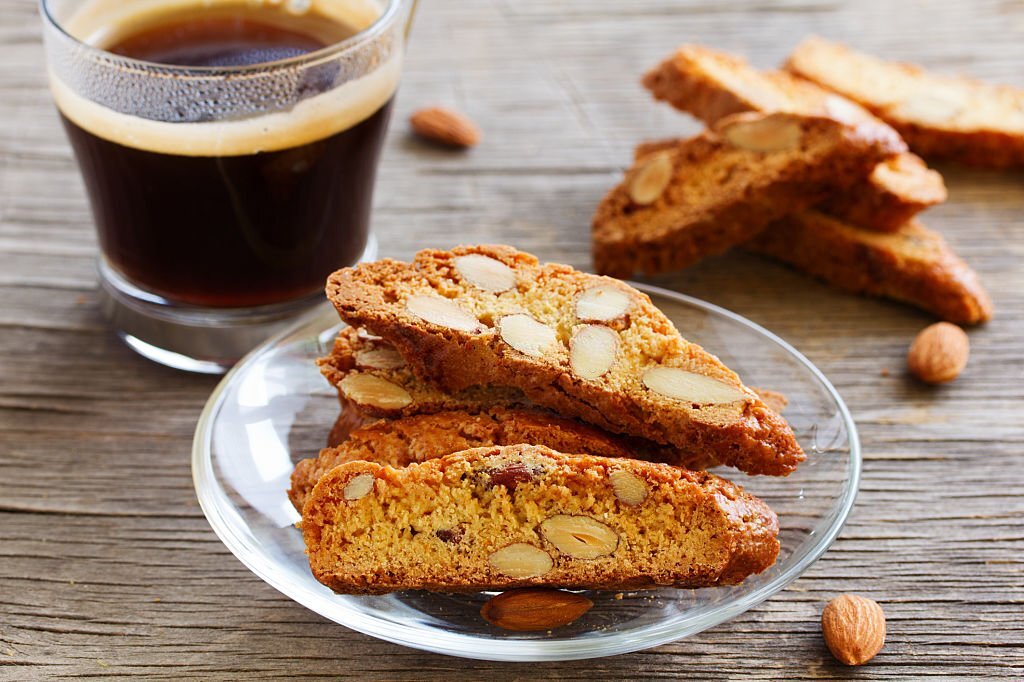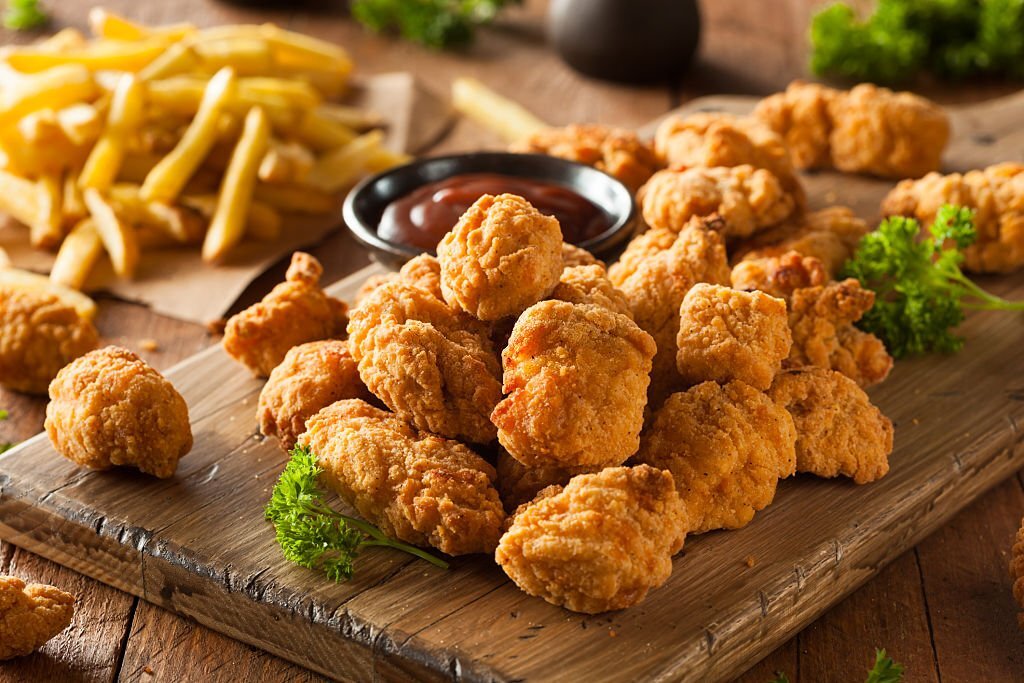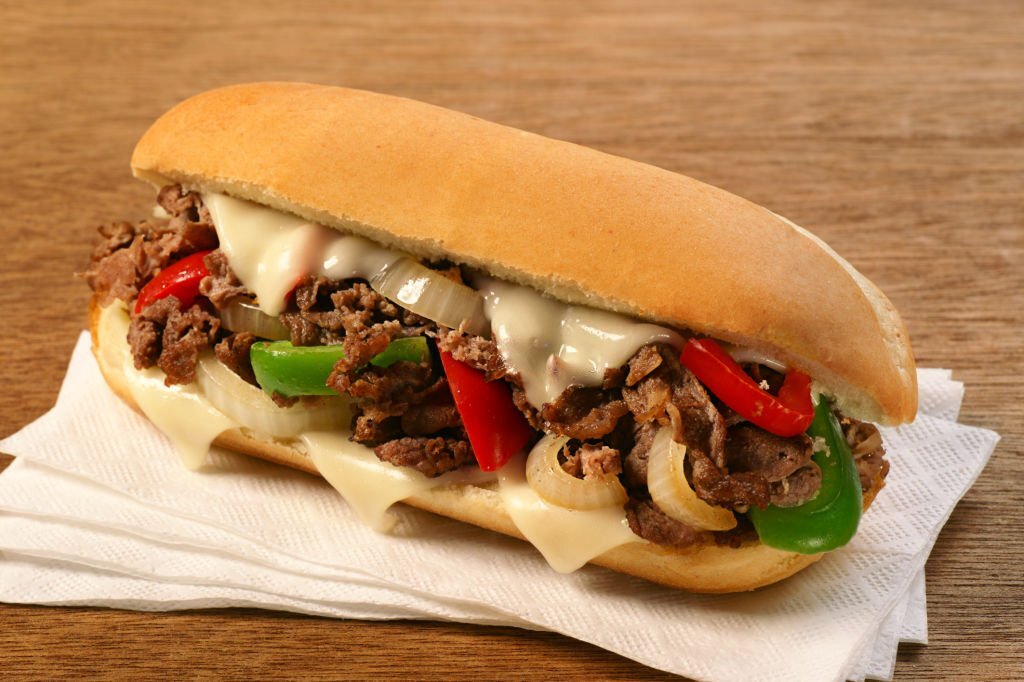More about "what minerals do we need recipes"
7 HEALTHY RECIPES TO BOOST YOUR VITAMINS AND MINERALS TO ...
Dec 21, 2017 · Disclosure: This post sharing 7 Healthy Recipes to Bopst Your Vitamins and Minerals to Fight the Flu has been sponsored by Loblaws. As always, all opinions are my own. We’ve talked about ways to avoid the Flu Spike this Fall in my posts: Dietitian Tips to Avoid the Flu Spike and 8 Tips to Avoid the Flu Spike This Fall .
From merryabouttown.com
From merryabouttown.com
See details
FOOD SOURCES OF 31 ESSENTIAL VITAMINS AND MINERALS
Fiber. Foods that have it: Plant foods, including oatmeal, lentils, peas, beans, fruits, and vegetables How much you need: Men ages 19-50: 38 grams per day; Women ages 19-50: 25 grams per day ...
From webmd.com
From webmd.com
See details
21 ESSENTIAL MINERALS AND 16 TRACE MINERALS YOUR BODY NEEDS
Aug 09, 2017 · There are 21 essential minerals required by the human body. They are called essential as the body cannot produce them, and without them, you can become seriously ill.. What Do Minerals Do For The Body? Like all nutrients, minerals act as cofactors with each other, with vitamins and enzyme systems, thus causing billions of chemical reactions in the body that are necessary for survival.
From juicing-for-health.com
From juicing-for-health.com
See details
TOP 12 ESSENTIAL MINERALS WE NEED IN OUR DIETS - BEST OF ...
From bestofjuicing.com
See details
VITAMINS, MINERALS AND SUPPLEMENTS: DO WE REALLY NEED THEM ...
May 06, 2019 · Vitamins, minerals and supplements: Do we really need them? Most of us know that good nutrition is important for good health. However, when we hear catch phrases like “calcium deficiency” or learn a new multivitamin just hit the shelves, it can make us wonder if we are getting enough vitamins and minerals.
From living.aahs.org
From living.aahs.org
See details
DAILY NUTRIENT REQUIREMENTS CALCULATOR | EAT FOR HEALTH
Aug 02, 2019 · Daily nutrient requirements calculator. Nutrients are components of food considered to be essential for growth and for maintaining good health. Carbohydrate, fat, protein, water, fibre, vitamins and minerals are all nutrients. By using the Nutrients Calculator, you can estimate how much of each nutrient is needed per day by healthy individuals ...
From eatforhealth.gov.au
From eatforhealth.gov.au
See details
WHY DO WE NEED MINERALS. WHY DO WE NEED TO EAT MINERALS?
The minerals in our diet are essential for a variety of bodily functions. They are important for building strong bones and teeth, blood, skin, hair, nerve function, muscle and for metabolic processes such as those that turn the food we eat into energy. This means that minerals are needed for the body to work properly, for growth and development ...
From eatbalanced.com
From eatbalanced.com
See details
THE BEST FOODS FOR VITAMINS AND MINERALS - HARVARD HEALTH
Aug 17, 2021 · However, unless you need to increase your intake for specific ones because of a deficiency or other medical reason, following so many numbers can be confusing. The best approach to ensure you get a variety of vitamins and minerals, and in the proper amounts, is to adopt a broad healthy diet.
From health.harvard.edu
From health.harvard.edu
See details
ESSENTIAL NUTRIENTS 101: YOUR GUIDE TO NUTRITION | MAXLIVING
Essential nutrients can be grouped into 6 categories: Carbohydrate, protein, fat, vitamins, minerals, and water. [2] Carbohydrates, protein, and fat are macronutrients because they make up most of your diet. [3] Vitamins and minerals are micronutrients because you need them in much smaller amounts. [4] Smaller doesn’t mean unimportant ...
From maxliving.com
From maxliving.com
See details
TOP 12 TRACE MINERAL RICH FOODS FOR ENERGY AND DETOXIFICATION
Not only do we need to acquire these things nutritionally, but we must have some level of competence in knowing the amount that we are getting. Similar to the relationship between omega 3 and omega 6 fats, different minerals are the most health-promoting when not consumed in inadequate or excess amounts. Top 12 Trace Mineral Rich Foods
From drjockers.com
From drjockers.com
See details
MINERALS: THEIR FUNCTIONS AND SOURCES | MICHIGAN MEDICINE
Top of the page Minerals: Their Functions and Sources Topic OverviewThe body needs many minerals; these are called essential minerals. Essential minerals are sometimes divided up into major minerals (macrominerals) and trace minerals (microminerals). These two groups of minerals are equally important, but trace minerals are needed in smaller amounts than major minerals.
From uofmhealth.org
From uofmhealth.org
See details
THE 5 MINERALS YOU REALLY NEED ... AND HOW TO ADD THEM TO ...
Jul 18, 2011 · So which minerals do you need, and how do you add them to your diet? "Minerals are incredibly important for health and to prevent chronic disease. Without them we'd suffer from osteoporosis, PMS ...
From self.com
From self.com
See details
WHAT ARE TRACE MINERALS AND SHOULD I ADD THEM TO WATER ...
Nov 06, 2019 · But English wants to set the record straight—you do not need to add trace minerals to your water, your coffee, your smoothie, or anything else that you're consuming. “Trace minerals are needed ...
From wellandgood.com
From wellandgood.com
See details
NUTRIENTS 101 - WHAT ARE NUTRIENTS ANYWAY? - HEALTH START ...
Jun 12, 2020 · Nutrients play a super important role in keeping our bodies healthy and strong! In this short and sweet Nutrients 101 crash course, we will be giving you a quick run-down of what nutrients are, the different types of macro and micro nutrients and why these are essential for our health.
From healthstartfoundation.org
From healthstartfoundation.org
See details
IMPORTANT NUTRIENTS TO KNOW: PROTEINS, CARBOHYDRATES, AND ...
Apr 29, 2019 · Protein from plant sources tends to be lower in saturated fat, contains no cholesterol, and provides fiber and other health-promoting nutrients. Carbohydrates. Carbohydrates are the body’s main source of energy. The fruit, vegetables, dairy, and grain food groups all contain carbohydrates. Sweeteners like sugar, honey, and syrup and foods ...
From nia.nih.gov
From nia.nih.gov
See details
HARVARD STUDY SAYS YOU CAN GET ALL YOUR NUTRIENTS FROM ...
Oct 24, 2017 · After all, being hungry or not getting the right nutrients in your diet is a sure-fire way to make you sluggish and uncreative in your daily life. Sample recipes can be found here.
From inc.com
From inc.com
See details
WHAT ARE ELECTROLYTES, AND WHY DO YOU NEED THEM ...
Oct 31, 2019 · Recipes Topics A-Z Category Directory ... We surrender these minerals when we sweat, urinate, defecate or become dehydrated from alcohol, caffeine or diuretics. ... And remember, athletes training for less than 60 minutes likely do not need a sports drink for adequate electrolyte replenishment.
From livestrong.com
From livestrong.com
See details
NUTRIENTS IN FOOD - HEALTHY KIDS
Nutrients can generally be broken into two categories: macronutrients – carbohydrates, protein, fats; micronutrients – vitamins and minerals such as calcium, iron, vitamin C. Macronutrients make up a majority of our diets and provide energy for us to move and function. Micronutrients, on the other hand, are chemical substances that we ...
From healthy-kids.com.au
From healthy-kids.com.au
See details
TOP 15 FOODS HIGHEST IN MINERALS - MYFOODDATA
Jul 28, 2021 · From calcium to zinc, iron to potassium, minerals keep your bones strong, and perform many essential functions in the body. We looked through our food lists for 8 different minerals: calcium, copper, iron, potassium, phosphorus, magnesium, selenium, and zinc; and counted how many times each food appeared. We did not look at iodine, as the iodine content of foods is too dependent on soil quality.
From myfooddata.com
From myfooddata.com
See details
WHY PROTEIN IS THE MOST IMPORTANT NUTRIENT YOUR BODY NEEDS ...
Sep 02, 2016 · Why do we need protein?Simply put, proteins are essential to life. Protein is an important component of your skin, hair, fingernails, bones, blood and cartilage – in fact, it literally holds us together. Your body also uses it to produce important body proteins like enzymes and hormones.
From food.ndtv.com
From food.ndtv.com
See details
THE SIX BASIC NUTRIENTS | VIRGINIA FAMILY NUTRITION PROGRAM
The Six Basic Nutrients. In honor of National Nutrition Month, we’re going to get down to the basics of nutrition and talk about the different types of nutrients and what they do in our bodies. This will be the first in a series of posts about each nutrient our bodies need to function.
From eatsmartmovemoreva.org
From eatsmartmovemoreva.org
See details






























